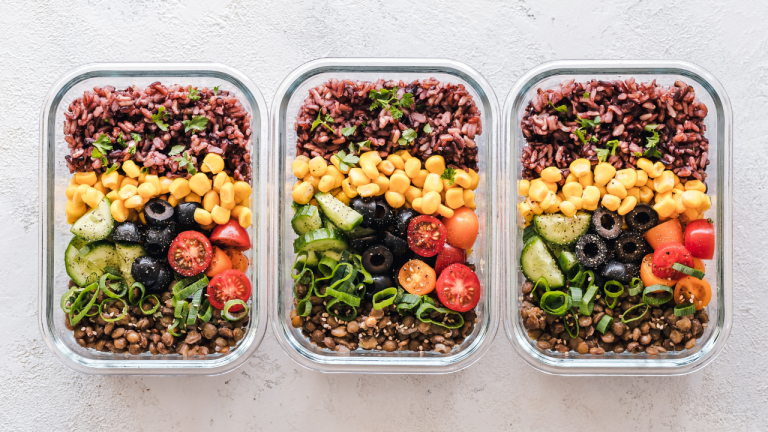How Important is Nutrition to Health Maintenance in an HIV-Positive Person?

Nutrition is very important for the health maintenance of HIV-positive individuals. HIV can weaken the immune system, making it more difficult for the body to fight infections and other illnesses. Proper nutrition is essential to support the immune system, maintain a healthy weight, and prevent malnutrition.
People living with HIV may experience a variety of nutrition-related challenges, including difficulty absorbing nutrients, loss of appetite, and changes in taste and smell perception. It’s important for individuals with HIV to work closely with a healthcare provider and a registered dietitian to develop a nutrition plan that meets their specific needs.
A balanced diet that includes a variety of nutrient-dense foods is important for people living with HIV. This may include foods that are high in protein, vitamins, and minerals, such as lean meats, fish, poultry, eggs, legumes, nuts, seeds, fruits, and vegetables.
In addition to a healthy diet, it’s also important for people living with HIV to maintain a healthy lifestyle, including regular exercise, stress management, and adequate sleep. These factors can help support the overall health and well-being of people living with HIV.



